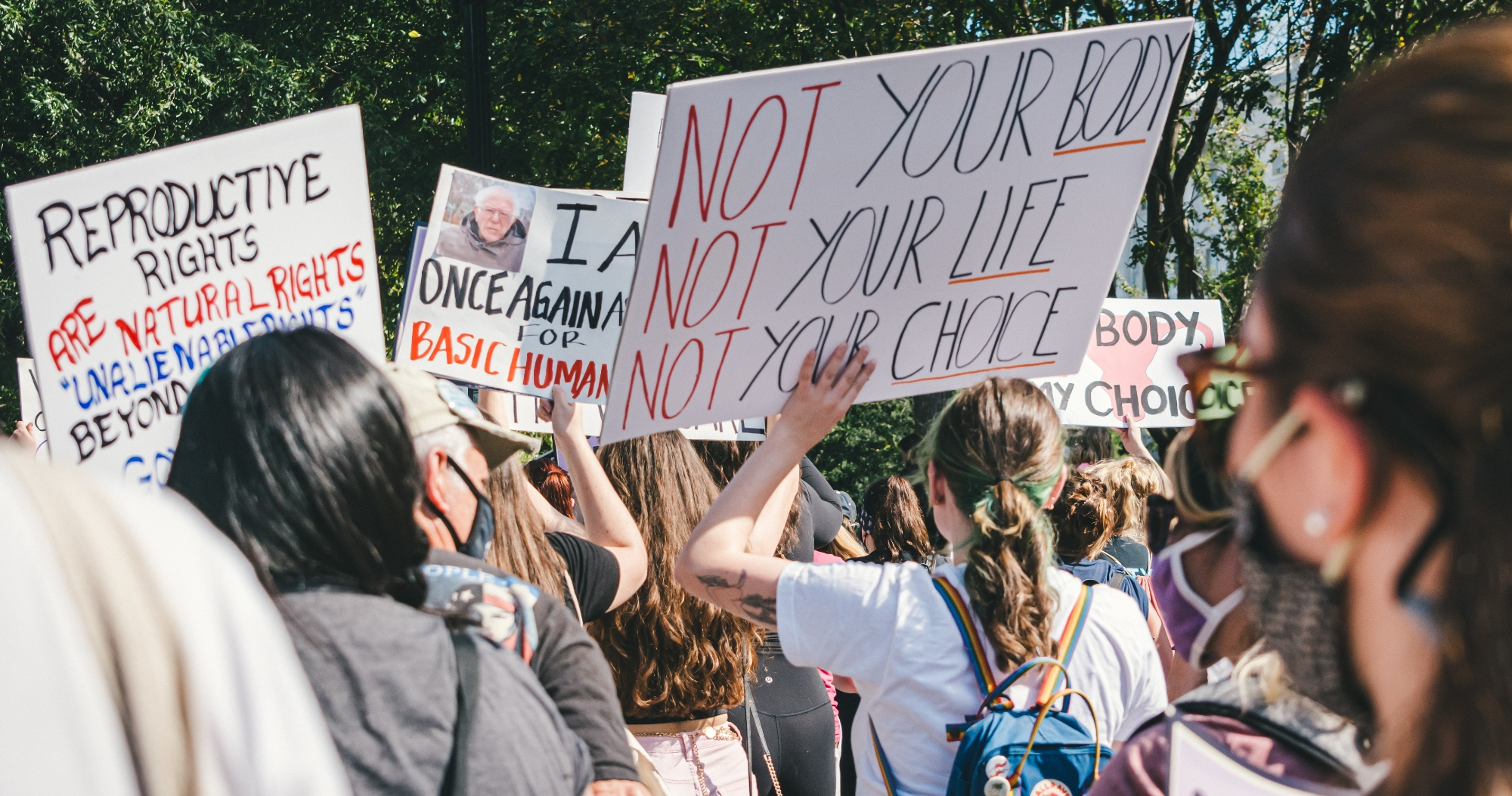Friday, June 24, 2022

This article was originally published on May 4, 2022. It was updated on June 24, 2022.
The Supreme Court overturned Roe v. Wade today. Our School’s previous statement reaffirms our commitment to fight for reproductive justice:
Nearly 50 years ago, the U.S. Supreme Court ruled on Roe v. Wade, which guaranteed a person’s liberty to have an abortion without excessive government restriction.
As of today 26 states are likely to pass legislation completely or partially banning abortions.
Fundamentally abortion is an issue of reproductive justice, racial justice, health care access, class, and gender equity. As a profession, if we are committed to social justice, we must be willing to stop seeing abortion as the shadow “hot button” issue.
Even before this news, our Equity and Inclusion Committee was organizing to form a BUSSW learning community to collectively deepen our knowledge about reproductive justice more broadly, as well as abortion specifically. The SCOTUS opinion propelled us to develop this learning community sooner. In addition to reading books and articles about our past and present reproductive landscape, we will invite speakers and trainers from local reproductive health organizations and abortion fund agencies to support our learning. This work will help us act on the information we learn so we can contribute to reimagining how people access abortion care and other reproductive health-related services in the United States.
In the coming weeks, members of the Equity & Inclusion Committee will hold space for our community to collectively discuss social workers’ role in this moment. In the meantime, there are three things members of our community can do:
- Learn about abortion access in your state. If you live in Massachusetts, abortion will remain legal and accessible but we know our BUSSW community stretches across the country and the communities we live in and serve will be affected differently by this ruling.
- Support abortion funds, practical support organizations, and independent people along with Planned Parenthood, so that reproductive justice organizations can continue to strengthen and sustain the power needed to navigate the rapidly shrinking landscape of abortion access. These are the groups that will ensure that all people, especially those living in states hostile to abortion, can access the care they need.
- Tell five friends about abortion funds and share our Massachusetts Abortion Funds’ Resource Guide. This guide is not specific to Massachusetts, but rather contains information about donating to funds, how to talk about abortion, and how to access help.
Thanks and credit to doctoral candidate Greer Hamilton for her editorial leadership on this statement, and MSW student Kate Glynn for initiating the discussion to develop reproductive justice programming.
In solidarity,
Dean Jorge Delva
Equity & Inclusion Committee Chairs: Dawn Belkin Martinez & Ellen DeVoe